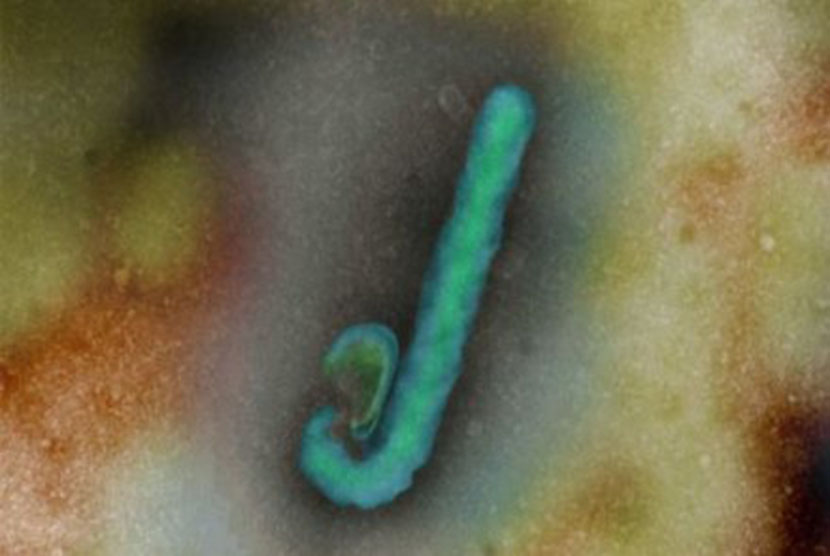REPUBLIKA.CO.ID, LONDON - West Africa's Ebola epidemic is an "extraordinary event" and now constitutes an international health risk, the World Health Organization (WHO) said on Friday.
The Geneva-based UN health agency said the possible consequences of a further international spread of the outbreak, which has killed almost 1,000 people in four West African countries, were "particularly serious" in view of the virulence of the virus.
"A coordinated international response is deemed essential to stop and reverse the international spread of Ebola," the WHO said in a statement after a two-day meeting of its emergency committee on Ebola.
The declaration of an international emergency will have the effect of raising the level of vigilance on the virus.
"The outbreak is moving faster than we can control it," the WHO's director-general Margaret Chan told reporters on a telephone briefing from the WHO's Geneva headquarters.
"The declaration ... will galvanize the attention of leaders of all countries at the top level. It cannot be done by the ministries of health alone."
The agency said that, while all states with Ebola transmission - so far Guinea, Liberia, Nigeria and Sierra Leone - should declare a national emergency, there should be no general ban on international travel or trade.
Ebola has no proven cures and there is no vaccine to prevent infection, so treatment focuses on alleviating symptoms such as fever, vomiting and diarrhea - all of which can contribute to severe dehydration.
It could be stopped
Keiji Fukuda, the WHO's head of health security, stressed that, with the right measures to deal with infected people, the spread of Ebola - which is transmitted through direct contact with bodily fluids - could be stopped.
"This is not a mysterious disease. This is an infectious disease that can be contained," he told reporters. "It is not a virus that is spread through the air."
Fukuda said it was important that anyone known to have Ebola should be immediately isolated and treated and kept in isolation for 30 days. "Based on scientific studies, people who have infection can shed virus for up to 30 days," he said.
The current outbreak, in which at least 1,711 people have so far been infected, of whom 932 have died, is the most severe in the almost 40 years since Ebola was identified in humans.
The WHO said this was partly because of the weakness of the health systems in the countries currently affected, which lacked human, financial and material resources. It also said inexperience in dealing with Ebola outbreaks and misperceptions of the disease, including how it is transmitted, "continue to be a major challenge in some communities".


